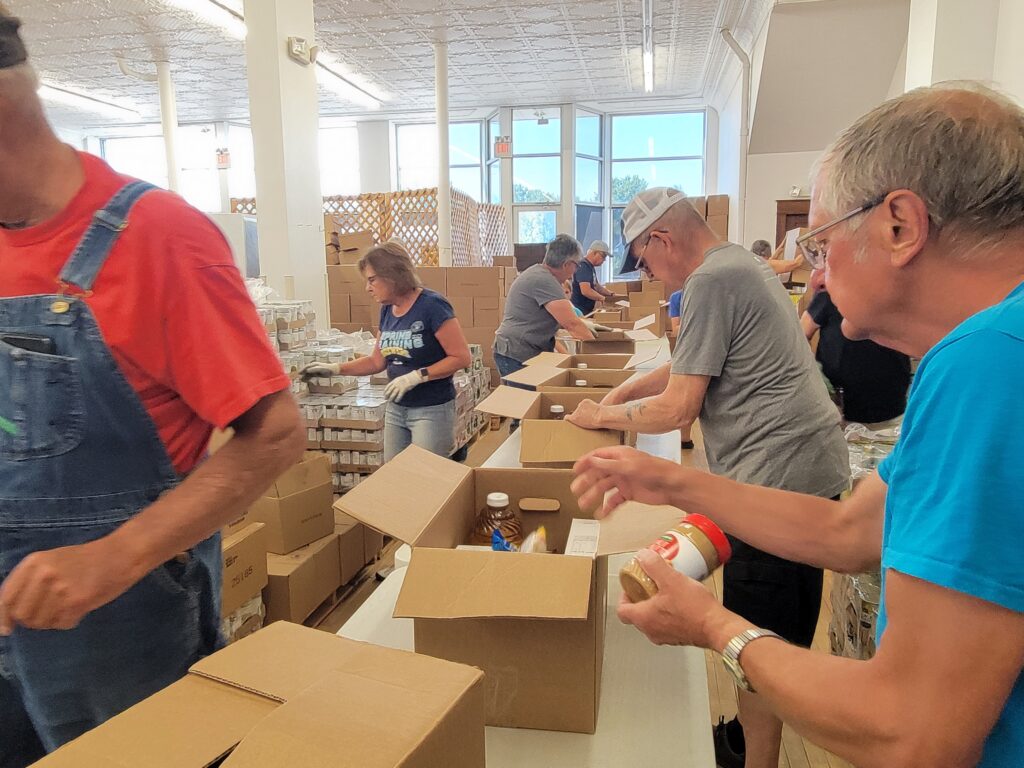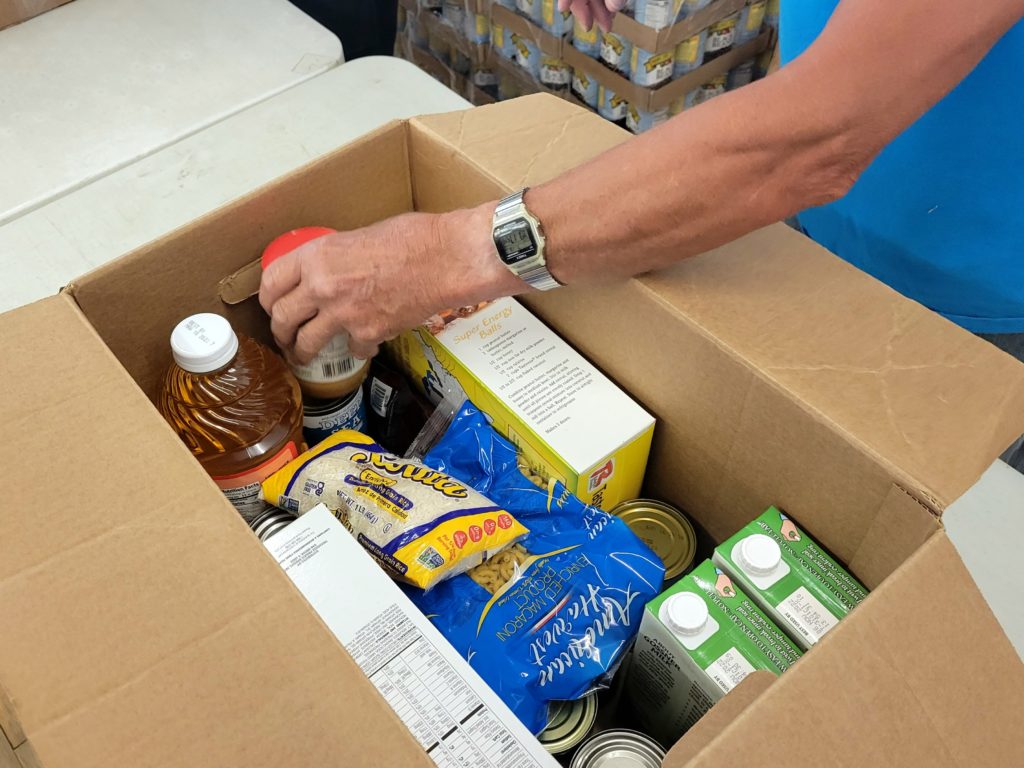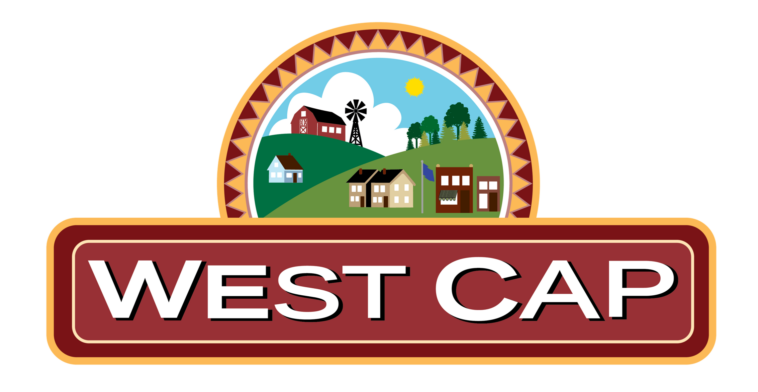
GLENWOOD CITY, WI – The White House released its fiscal 2026 spending plan earlier this month, which proposes the elimination of numerous federal programs, including the USDA’s Commodity Supplemental Food Program (CSFP).
The news came in a memo from the Administration’s Office of Management and Budget, also known as a “skinny budget”, that lists a host of recommendations on the reduction or elimination of discretionary funding for fiscal year 2026.
The CSFP program works to improve the health of low-income individuals, at least 60 years of age, by supplementing their diets with nutritious, domestically grown USDA Foods. USDA distributes both food and administrative funds to participating states and Indian Tribal Organizations to operate CSFP, including our own local West CAP Community Action Agency.
West CAP has been providing food commodities to assist food insecure households in west central Wisconsin since 1980. They currently distribute 660 boxes of shelf-stable food to low-income senior households across Barron, Chippewa, Dunn, Pepin, Pierce, Polk, and St. Croix counties, as well as Rusk, Eau Claire and Buffalo Counties through the federally funded USDA Commodity Supplemental Food Program.
With a team of over 15 loyal volunteers, West CAP coordinates the distribution of these boxes out of its food pantry location in rural Boyceville, WI. Each month, these volunteers unload the delivery trucks, which are trucked directly from Kansas City MO. Over the course of a few hours, they pack 660 boxes with shelf-stable foods intended to supplement an individual’s diet for the month. Items include peanut butter, pasta, rice, canned meats and beans, canned vegetables, canned fruits, shelf-stable milk, 2-lbs of cheese, juice, and cereal. West CAP provides direct deliveries to area partner agencies as well as mobile sites that are set up for seniors to pick up their monthly box. Volunteers also deliver boxes to the homes of a few homebound seniors as well.
Current West CAP CSFP food boxes are being delivered to Boyceville, Hudson, Ellsworth, River Falls, Plum City, Frederic, Nelson, St. Croix Falls, Woodville, Barron, Rice Lake, Durand, Ladysmith, Chippewa Falls, Eau Claire, and Menomonie.

In a statement released by the National Commodity Supplemental Food Program Association on May 7th, 2025,they noted thatCSFP contracts across Wisconsin will remain the same for FY25, which are serving an annual average of 12,614 low-income seniors, with a current waitlist of 828 participants in need. With the FY26 budget eliminating this program, those 12,000 seniors will not be assisted.
Melissa Larson, who has managed West CAP’s Food Access programs for 25 years, shares:
“Our local food programs are in real danger. We will already start to see cuts to our deliveries of milk, eggs, meat, and cheese this summer, and now we’re facing cuts to food that help vulnerable seniors. The community needs to be aware that these food cuts are going to be devastating for families”
“For some of these seniors, picking up their monthly commodity food box is one of their only forms of social engagement in their community. They bond with the volunteers and the other seniors who are also picking up their box. It helps them to feel less isolated and less stigmatized. I can’t imagine the negative consequences that will result in taking this program away from folks.” Larson shares.
In its Fiscal Year Ending 2024, West CAP’s Food Access programs reached over 19,000 individuals across its service area, which includes 39 rural food outlet partners who rely on West CAP’s administration of large federal food programs to serve rural households in need.
Larson shares “We will continue to do what we can to fight for these programs to be funded. We encourage the rest of the community to do the same. We are going to need all the help we can get”.
The Commodity Supplemental Food Program is a federally funded USDA food program, which is administered through the State of Wisconsin Department of Health Services and West CAP, Inc is a recipient agency.
Established in 1965, West CAP was one of the first community action agencies formed in Wisconsin. Since then, West CAP has worked to promote the self-sufficiency of low-income families in the rural communities of west central Wisconsin by providing food access, housing assistance, energy assistance, weatherization, adult education, advocacy, and more. Contact West CAP by calling (715) 598-4750.

